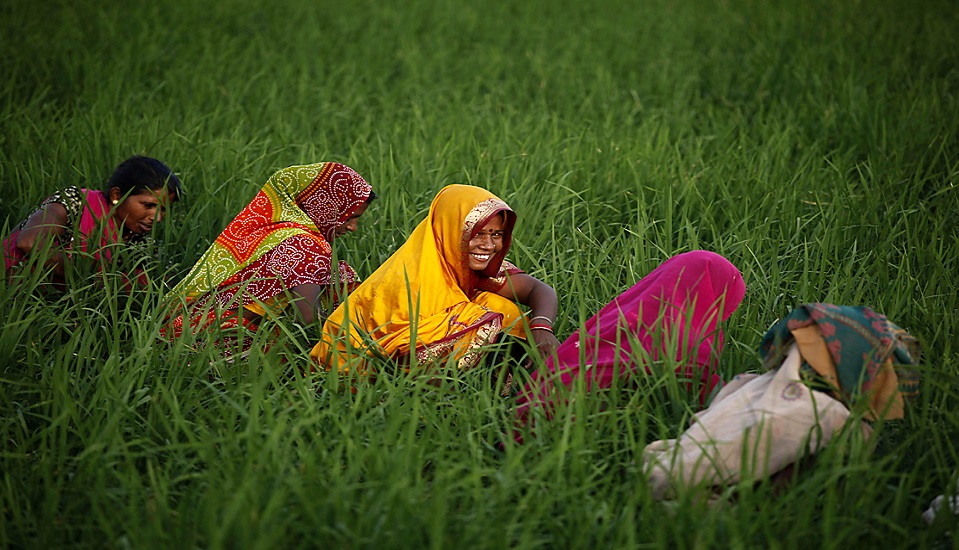Empowering Farmers...

Logo

Symbol
The symbol is like a 'Kumbh' (An auspicious water vessel as deprived in Indian mythology) that represents financial wellbeing. The bottom portion is having two hands, standing for care, security and protection. They are lifting a coin, as finance can be utilized for the development in agriculture. The circle in the centre also represents a human figure as the organization is working for farmer's development.
Colour
There are two major rural colors viz. green and brown, while Green is as agriculture and brown as village land which in whole add value to its identity.
Background
The contributions of Agriculture & Rural Development Banks (ARDBs) to the development of Indian agriculture have been quite significant in the post-Independence era. ARDBs played a very important role in improving the productivity of land especially through development of minor irrigation and facilitating farm mechanization in the 60s and 70s. While continuing to promote capital formation in agriculture, these banks started financing rural non-farm sector projects in a big way in the 80s and 90s which helped rural families to increase their incomes substantially through value addition to their produce apart from providing opportunities for alternate employment. It will not be out of place to mention that till the 1980-1990 the ARDBs were effectively the only banks which were engaged in providing investment credit for agriculture. The role of the commercial banks was limited primarily to financing corporate sector in plantation, commercial poultry and dairy units.
The "All India Rural Credit Survey Committee" appointed by RBI in
1954 appreciated the working of the Land Mortgage Banks in
developing agriculture but was critical about its performance in
raising resources, delay in sanction of loans that too for limited
purposes and strongly recommended to simplify the policy and
procedure of the LMBs and broad-base their operations to
investment loans for agriculture development. Earlier these banks
were assigned wider role of providing investment credit in
agriculture but later with their shift in thrust to development of
farm land these Banks came to be known as Land Development Banks
(LDBs).
The Committee to Review Arrangements for
Institutional Credit for Agriculture and Rural Development
(CRAFICARD) recommended a bigger role for the LDBs and recommended
to incorporate development of agriculture and its allied
activities including wastelands and non-farm sector development.
The banks in due course diversified their activities with
refinance support of NABARD which was established in the year
1982. However, late eighties and the beginning of nineties were
the crucial period in which LDBs adopted financing long term loans
for more significant rural development activities like, village
and cottage industries, rural artisans and rural housing etc. In
view of broader role of LDBs they are now known as State
Co-operative Agriculture and Rural Development Banks (SCARDBs).
Over a period of time the SCARDBs have made commendable progress
in advancing LT loans for capital formation in agriculture.

